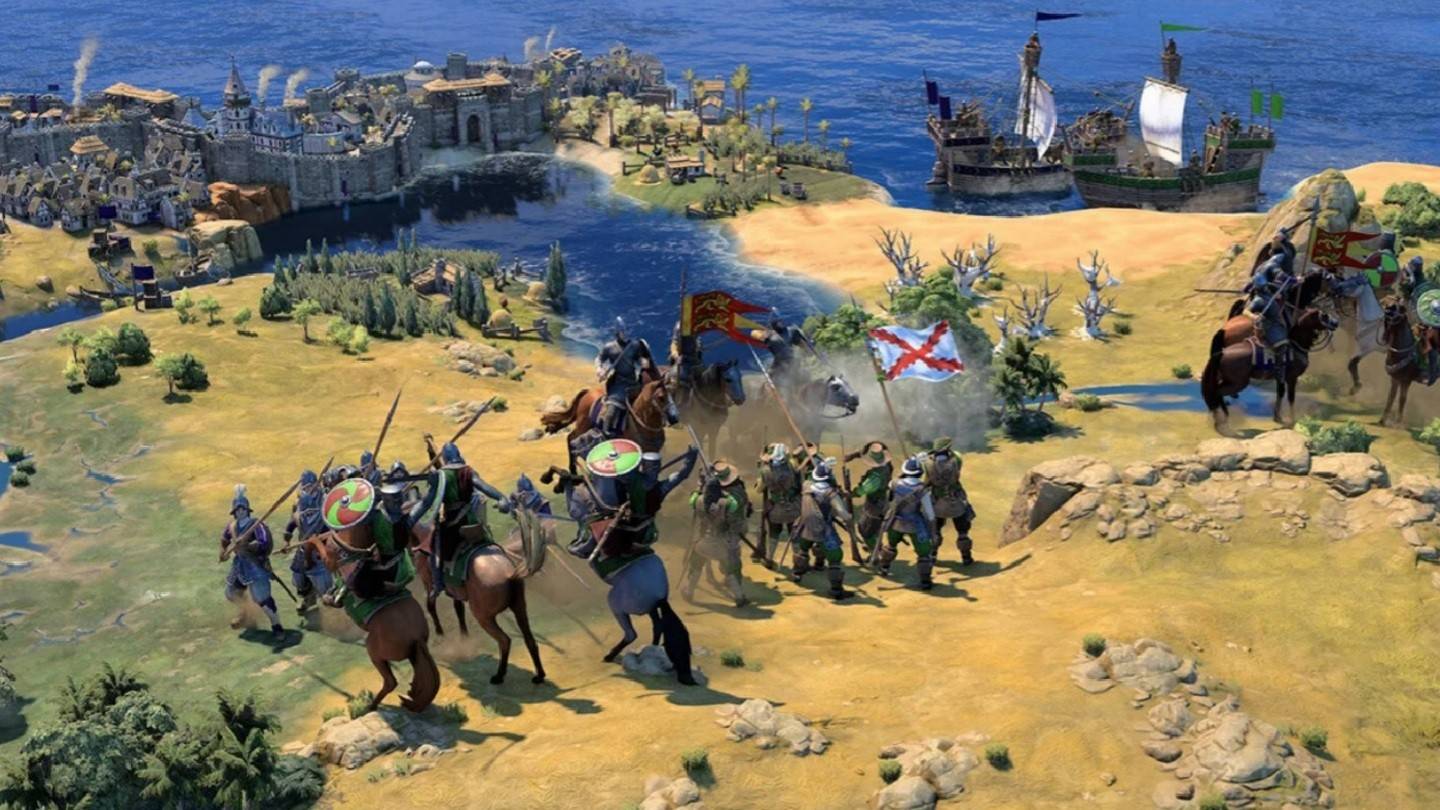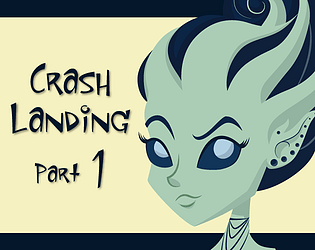Civilization VII Previews: Game Largely Praised

Sid Meier's Civilization VII initially faced criticism for its significant changes showcased during the first gameplay demonstration. However, according to final previews by journalists, the game's innovative approach is set to deliver a profound experience that won't disappoint strategy enthusiasts.
The seventh installment in the series "shakes up" traditional gameplay by integrating numerous new mechanics. For instance, the leader selection screen introduces a system where frequently used rulers can earn unique bonuses, enhancing the strategic depth of the game. Additionally, the game spans multiple eras, including Antiquity and Modernity, allowing for "isolated" gameplay within each time period.
Key Features of Civilization VII:
- The game introduces many mechanics new to the series, enriching the overall experience.
- Players can now choose leaders independently of civilizations, adding a new layer of strategic gameplay.
- Three distinct eras are available: Antiquity, Medieval, and Modern, with each era offering a fresh start akin to a new game.
- The ability to swiftly change the direction of your civilization provides greater flexibility in gameplay.
- The traditional laborer system is gone; cities now automatically expand, simplifying city management.
- Leaders gain unique perks as you continue to play with them, encouraging player loyalty and strategic planning.
- Diplomacy is now treated as a "currency" with influence points used to forge treaties, form alliances, and condemn other leaders.
- Despite improvements, the AI remains a weak point, making co-op play a recommended choice for a more satisfying experience.
Gamers have hailed Civilization VII as the boldest attempt yet to reinvent the classic formula of the series, promising a fresh and engaging experience for both new players and long-time fans.
-
- Containment Test registration now open- Initial language support: English, Japanese, Chinese- Mobile platform accessibility pendingHotta Studio's ambitious project Neverness to Everness reaches a crucial development phase with Closed Beta sign-upsAuthor : Ryan Feb 11,2026
-
Frozen War, a new strategy title from IGG, plunges players into a frozen post-apocalyptic world where they must confront the undead and brutal weather while attempting to restore society. Global pre-registrations are now live, featuring multiple commAuthor : Chloe Feb 11,2026
-
 Southern PokerDownload
Southern PokerDownload -
 Fruit Summer Slots MachineDownload
Fruit Summer Slots MachineDownload -
 Tarot Offline - Card GameDownload
Tarot Offline - Card GameDownload -
 Virtuelles Casino - Craps Spiel OnlineDownload
Virtuelles Casino - Craps Spiel OnlineDownload -
 BrazilyaDownload
BrazilyaDownload -
 Battle Angel Moe moe arena-Download
Battle Angel Moe moe arena-Download -
 Sandy BayDownload
Sandy BayDownload -
 Spell CastersDownload
Spell CastersDownload -
 Brain Puzzle - IQ Test GamesDownload
Brain Puzzle - IQ Test GamesDownload -
 Vampire's Fall: Origins RPGDownload
Vampire's Fall: Origins RPGDownload
- Black Ops 6 Zombies: How To Configure The Summoning Circle Rings on Citadelle Des Morts
- Roblox: Latest DOORS Codes Released!
- Harvest Moon: Lost Valley DLC and Preorder Details Revealed
- Silent Hill 2 Remake Coming to Xbox and Switch in 2025
- Roblox: Blox Fruits Codes (January 2025)
- Roblox: Freeze for UGC Codes (January 2025)








![Taffy Tales [v1.07.3a]](https://imgs.ehr99.com/uploads/32/1719554710667e529623764.jpg)




